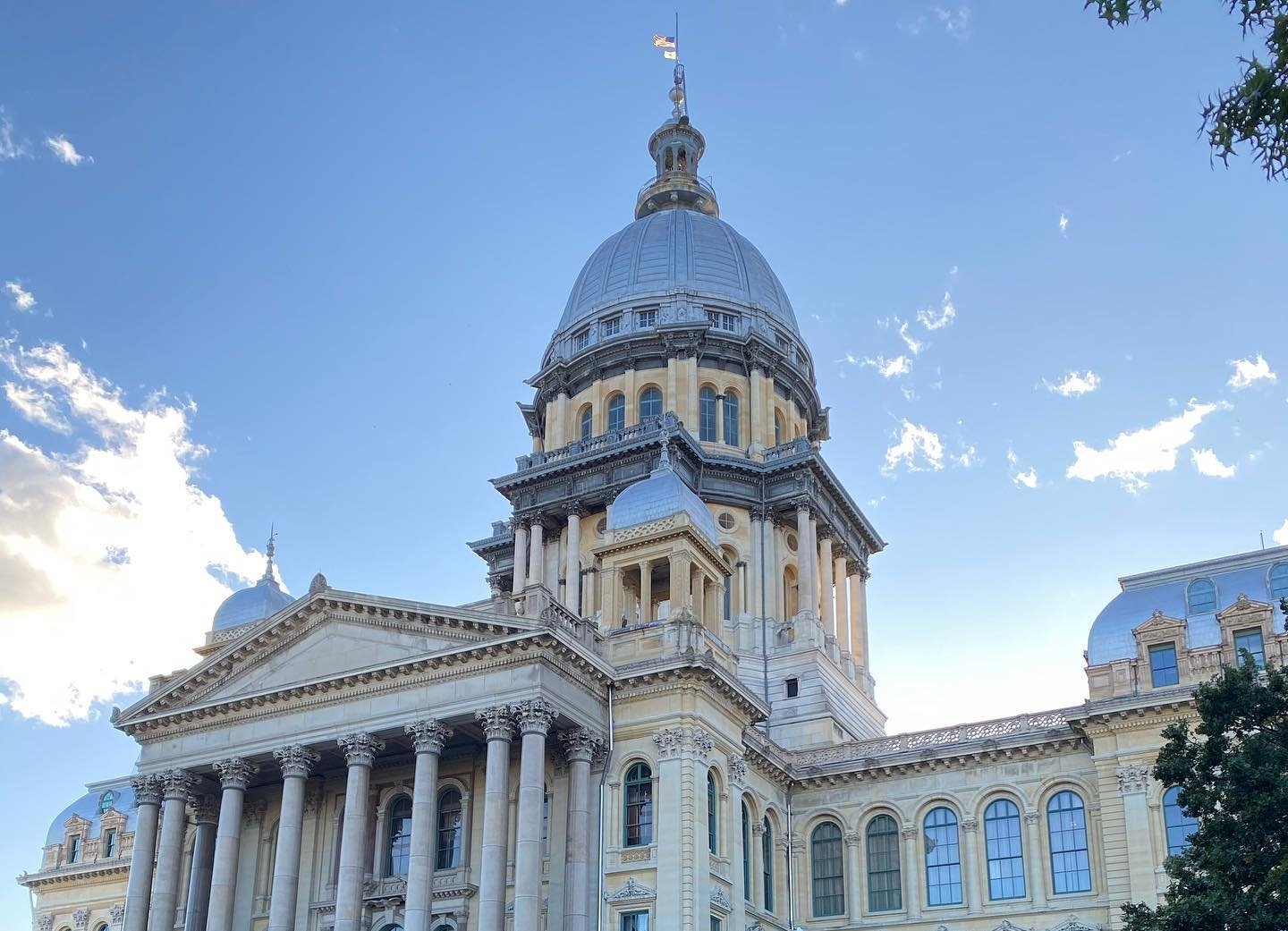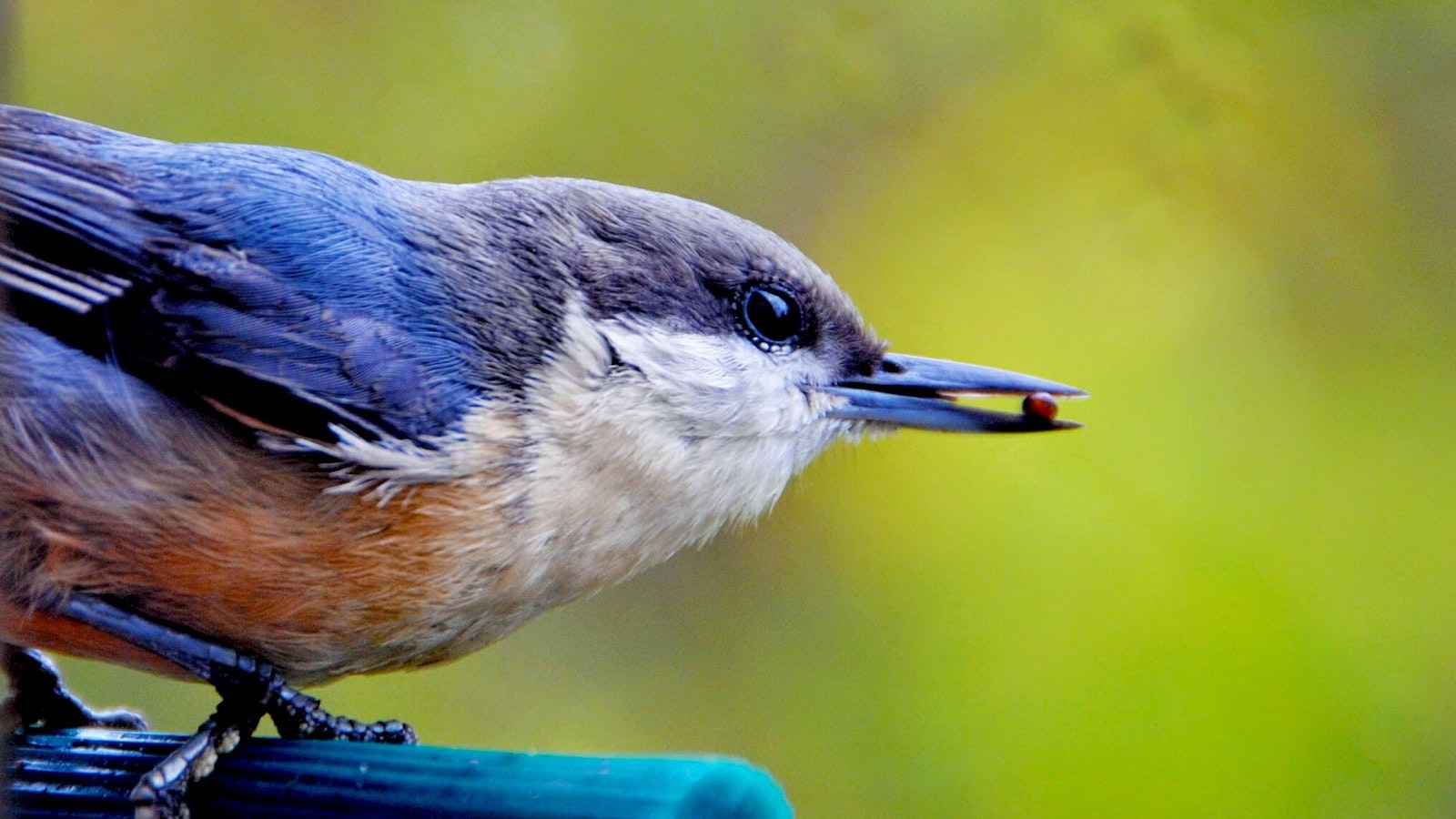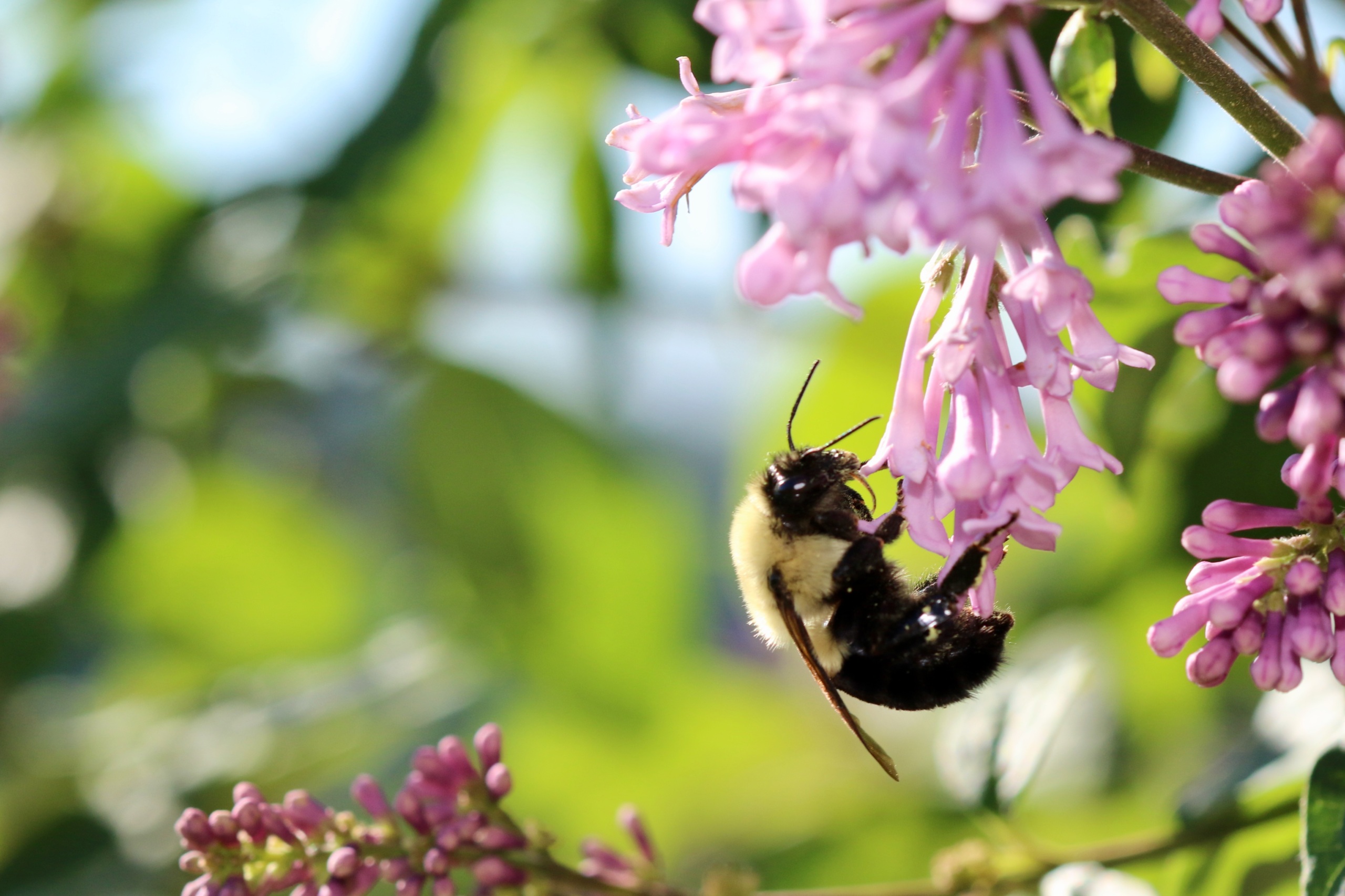
2022 Program Agenda
The legislative session provides us with an opportunity to make progress on pieces of policy that will help us protect our clean air and water, and build a healthier future for all Illinoisans. Every year, Environment Illinois sets goals and priorities around our key issues. Our 2022 program agenda lays out our top priority issues that we'll weigh in on this year.

Wildlife Over Waste
Our economy is built to produce and dispose of “stuff” at the fastest possible speed. That cycle is making our lives worse, from litter choking our wildlife to electronics that have to be thrown away after only a year or two of use. Our zero waste program aims to break out of that cycle and shift our society toward a circular economy.
-
Ban single-use plastics: Every year, 11 million pounds of plastic ends up in Lake Michigan, threatening the health of species like the endangered Great Lakes Piping Plover, who can often mistake small pieces of plastic for food. There’s no reason to put our wildlife at risk for the convenience of a foam takeout cup. We can build a cleaner and safer environment by banning the most harmful types of single-use plastics, including polystyrene foam.
-
Producer Responsibility: Our waste system is designed for consumers and municipalities to bear the brunt of the costs for the things we dispose of – especially for the things most difficult to recycle. Producer responsibility is the idea that producers should pay for the recycling and waste management of the things they produce, to incentivize them to produce more reusable and recyclable packaging and other single-use materials. Illinois should pass extended producer responsibility legislation to hold producers accountable for the costs and environmental impacts of the materials they produce.
-
Right to Repair: When our stuff breaks, it usually ends up in a landfill or as litter. Americans dispose of 416,000 cell phones per day, and only 15 to 20 percent of electronic waste is recycled. Our goal is to move towards a circular economy by giving consumers the information and tools they need to repair their broken things, instead of throwing them away.
Electrifying Transportation
The transportation sector remains the largest contributor to climate-warming greenhouse gas emissions. To address global warming, we need to make zero-carbon transportation the most convenient, most affordable, and most enjoyable option for every trip.
-
Electric school buses: Illinois public school districts use about 26,000 school buses each year to transport over a million students to school each day. The vast majority of these buses are powered by fossil fuels, emitting greenhouse gasses that contribute to climate change and putting our kids at risk of cancer and respiratory illness. Illinois school districts spend $653 million dollars each year maintaining and replacing those buses. Instead, we should be investing in cleaner bus fleets for our planet and our kids’ future.
-
Charging infrastructure: Last year, Illinois passed legislation to give consumers a tax credit for buying EVs, and now we need to make sure we have robust EV infrastructure in place to charge them.
Clean Water
Illinoisans have access to the largest source of freshwater in the world, right outside our front doors. But we can’t trust that the water that we drink, swim, and bathe in is actually safe. Illinoisans deserve to enjoy all that Lake Michigan has to offer without worrying about health repercussions down the line.
-
Pollution regulation on factory farms: Concentrated Animal Feeding Operations (CAFOs) can be the source of dangerous levels of water pollution, and are often able to find loopholes in permitting regulations. We support the right of local communities to place pollution limitations on CAFOs for the safety of the environment and public health.
-
Clean water infrastructure: If we want our beaches and rivers to be safe for swimming, we need to stop sewage overflows and prevent runoff pollution with investments in green infrastructure that absorbs stormwater.
-
Lead-free water for kids: In 2018, we found that 78% of suburban Cook County schools detected lead in their water. And Illinois has between 686,000 and 1.4 million lead service lines, a major source of water contamination. To ensure safe drinking water for our children, we support using state and federal funding to:
-
proactively replace fountains with water stations that have filters to remove lead and install such filters on all other taps used for cooking and drinking; and
-
replace lead-service lines as soon as possible, especially at child care centers.
Clean energy
In 2021, Illinois passed legislation with landmark provisions for renewable energy, including a commitment to reach 100% clean electricity by 2050. Now, we need to pass the individual clean energy policies that will allow us to hit that goal.
-
Appliance standards: When our household and commercial appliances use less energy or water to do their jobs, it’s a bonus for the environment and our utility bills. Illinois should follow the lead of 16 other states and set minimum efficiency standards for appliances sold in Illinois. If enough states pass appliance efficiency standards for any particular product, manufacturers will typically encourage the federal government to set updated standards nationally for the sake of consistency.
-
Solar energy: Illinois has the potential to meet all of its energy needs from solar energy alone, but we’re generating only a fraction of that energy. Illinois should support incentives for building solar in our state, including full retail net metering to compensate rooftop solar owners for the energy they provide back to the grid.
-
Get off the gas: Gas utilities continue to invest in expensive infrastructure that will quickly become obsolete as we transition to renewable energy sources. We support an end to unaccountable bill surcharges, a gas system planning process, and oppose expensive “renewable natural gas” incentives and other gas industry greenwashing initiatives.
-
Electric buildings: Right now, most buildings still rely heavily on fossil fuels for heating, hot water, and kitchen appliances. Electrifying our homes and businesses will cut down on planet-warming emissions, and buildings will become cleaner as electricity comes from more renewable sources.
A Toxics-Free Environment
The chemicals we use every day are meant to make our lives easier, but oftentimes they put our environment and our health in jeopardy.
-
Ban PFAS chemicals: PFAS chemicals, also known as “forever chemicals,” don’t break down in our environment and have been linked to health problems like increased risk of certain cancers and low infant birth weight. These chemicals are found in many everyday products, from food packaging to firefighting foam. To protect consumers from exposure to these toxic chemicals, we need to ban toxic PFAS.
- Save the Bees: Our pollinators are dying at unsustainable rates, a problem exacerbated by habitat loss, climate change, and pesticide use. To stem the tide of bee die-off in the short term, we need to limit the sale and use of harmful, bee-killing pesticides, specifically neonicotinoids. We also support a ban on dicamba, a common herbicide. While dicamba isn’t directly toxic to bees, it drifts widely from one field to another, often killing plants that it was not intended for, which provide critical food for bees.
Topics
Authors
Paloma Paez-Coombe
Associate, Environment Illinois
Paloma lives in Chicago, where she loves to cook, garden, and explore nearby forest preserves.
Find Out More

EPA report says pesticides endanger wildlife

What kind of planet protector are you?

Why we should save the bees, especially the wild bees who need our help most


